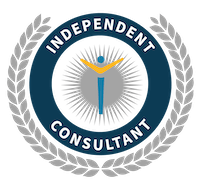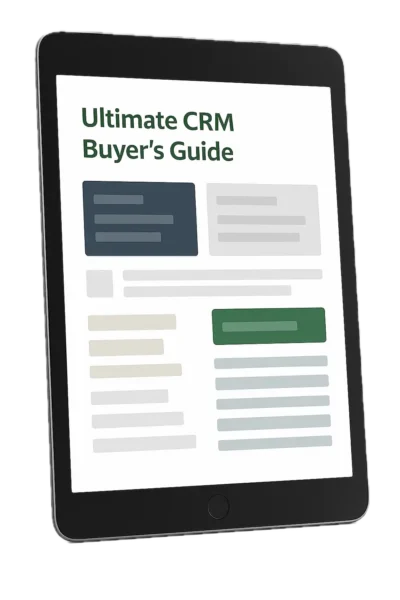 The biggest fear of any company that has just purchased new CRM software is that no one will use it.
The biggest fear of any company that has just purchased new CRM software is that no one will use it.
Sadly, this happens far more often than many business leaders realize. While the reasons given for CRM failure vary from business to business, they almost all come down to the fact that the software didn’t meet a company’s expectations.
But what are the expectations of a CRM system? The answer is: it depends on whom you ask. And that is the root of the problem that so often leads to CRM failure.
When different stakeholders across a company have different expectations for CRM, it’s nearly impossible for every expectation to be met. Of course, that means that no matter how well received the system may be by some, it’s perceived inability to do everything for everyone eventually leads to user abandonment.
So, what’s the solution? First of all, CRM succeeds when everyone in an organization has the same expectations for what the system will do. Second, those expectations need to be informed by what CRM is, and more importantly isn’t, designed to do.
What CRM Isn’t For
Today’s CRM software can do many different things. The problem is that too often businesses conflate what a CRM system can do with what a CRM is for.
Here are some things a CRM system can do, but aren’t what the system is for:
- Sales forecasting
- Project management
- Business intelligence
- Reporting and visibility
- Delivery management
When businesses buy CRM believing that it’s for any (or all) of these things, there’s a good chance that the project will fail. This problem is often compounded by the fact that to make CRM successful, it needs the buy-in and support of stakeholders at every level in the organization, from C-level executives on down.
Stakeholders need to resist the impulse to withhold support for CRM unless it does the things that they want or expect it to do. When everyone’s expectations are the same, it paves the way for CRM to be a success.
CRM Is For Sales
CRM is for salespeople. It is a tool purpose-built to make sales teams faster, more efficient, and more organized. When salespeople sell more, company revenue goes up. That is the ROI metric that every company should be using to measure a CRM system’s success or failure.
Executives and even sales managers often view CRM primarily as a reporting tool. However, if salespeople aren’t using it, there’s nothing to report.
Sales reps need to be shown and told that CRM is there to help them sell more, access additional resources during the sales cycle, and manage their territory easily and efficiently. Only when a company’s sales team fully buys in and begins using CRM do all the other pieces fall into place.
Reporting, forecasting, opportunity management – these are all things that rely heavily on an organization’s sales team to input their notes and numbers for each client and prospect.
Make Friends With Marketing
Now more than ever, a successful sales team requires a close relationship with a company’s marketing team. Salespeople are now typically the last point of contact a prospective buyer has with a company before purchase, which means it’s crucial for the marketing team to pass along useful data and set customer expectations.
Too often there is a schism between sales and marketing teams. Marketing people blame sales for not following up on all the leads they’ve created, and sales fires back claiming the leads they’ve been given aren’t qualified to begin with.
If salespeople don’t believe the leads that marketing has put into CRM are worthwhile, it makes them far less likely to use the system in the first place.
To avoid a standoff, both teams need to be involved in identifying and qualifying opportunities early in the sales cycle. Both teams need to have a shared understanding of what constitutes a qualified lead and ideal customer profile/persona.
Collaborating on these issues will help marketing filter out prospects that sales doesn’t want, and salespeople can then have faith that the leads that do make it into CRM will be qualified and worth following up.
Building Success From The Bottom Up
No business has ever abandoned a CRM system because sales reps were using it too much. Taking a sales-focused approach to CRM allows businesses to rally behind an easy to support goal (increasing revenue) and gives all stakeholders a relatively simple way to measure ROI after implementing it.
Sales reps should be a business’s most passionate CRM advocates. When that happens, they feed the system what it needs to make it useful for everyone else. This is why it’s so critical to involve a company’s sales team members in the CRM evaluation and selection process.
Buying a CRM system that management loves but salespeople loathe the fast track to CRM failure. Guaranteed.
Selecting The Right CRM Solution
Not all CRM systems are created equal, which means that it’s important for every business to select the system that works right for their needs, not just the system with the most bells and whistles or the lowest cost per user.
At CRM Switch, we have a long and successful track record of helping businesses evaluate, select, and implement a CRM system that’s right for their needs. To learn more about the CRM selection process and how we can help your organization navigate it, please call or contact us at your convenience.




